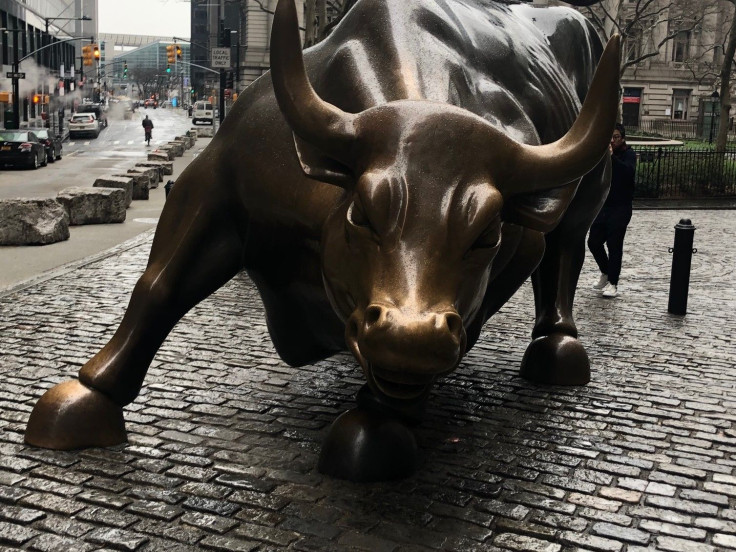Sorry Reddit, We Do Need To Short Stocks

CEOs hate investors that are shorting their stock. Economists, on the other hand, say that
investors that are shorting a stock provide a necessary corrective mechanism to a company's
stock price. By shorting a stock, investors with negative opinions about a stock are able to have
their voice heard about the value of a company and keep valuations rational.
Typically the number of investors who are shorting a stock is small (about 3% of the average
firm's value), but it is meaningful to the operations of financial markets. Yet, today we find
ourselves at a point where the number of investors taking negative bets against companies are
at a historic low -- an imbalance that is not healthy for a strong marketplace.
Goldman Sachs recently reported that the median short interest in members of the S&P 500 sits at just 1.5% of market value, a historic low since they have been tracking it. This shift in the
number of investors shorting is due, at least partially, to the recent explosion in retail investors
piling into meme stocks and other long-shot positions. At the beginning of 2021, several hedge
funds found themselves losing billions of dollars in their short positions as meme stocks
skyrocketed.
Shorting a stock is fundamentally a different type of bet in terms of risk profile as compared to
going long on a stock. When you go long equities (buy a stock) your risk is capped since once the
stock price goes to zero, it cannot go any lower. When you short a stock, your risk is technically
unlimited -- if the stock price keeps going up, you will keep losing money. And this risk came to
fruition this past year as prices kept going up and hedge funds had to close out all their short
positions.
As these hedge funds were scared off from shorting particular stocks and left the market, no
other entities stepped in to put downward pressure on stocks. To make this imbalance issue
even worse, in the second half of 2021 retail investors went full bore on the buy-side of things in
the options market -- buying up more calls (positive bets on companies) than puts (negative bets
on companies) at a rate never seen before.
The problem with all this one-sided bullish activity in the market is that valuation levels have
soared to levels last seen in the dot-com boom of 1999-2000. And, without moderating forces to
keep prices and valuations in line, these boom periods are always followed by busts.
Boom and bust cycles brought on by lack of restraint in our markets (i.e. people willing to short)
are never good for the functioning of a robust financial market. These cycles lead to uncertainty
in the investors' minds and lead to vast capital outflows from foreign investors. In the end, when a market goes through these boom and bust cycles, it not only hurts the company through
higher cost of capital (interest rates they are charged) but it also hurts the average retail investor
who often times the market incorrectly (getting in at the top and selling off at the bottom).
To promote a well-functioning financial market, policymakers need to encourage short interest
to come back through relaxing short sale restrictions, implementing trading halts when it
appears designed runs on particular stocks are taking place among retail investors, and
providing greater clarity on short interest among counterparties. Encouraging short interest to
come back into the market to allow all opinions about stocks to be present is good for the long
run health of a financial market.
Derek Horstmeyer is a finance professor at George Mason University’s School of Business.





















